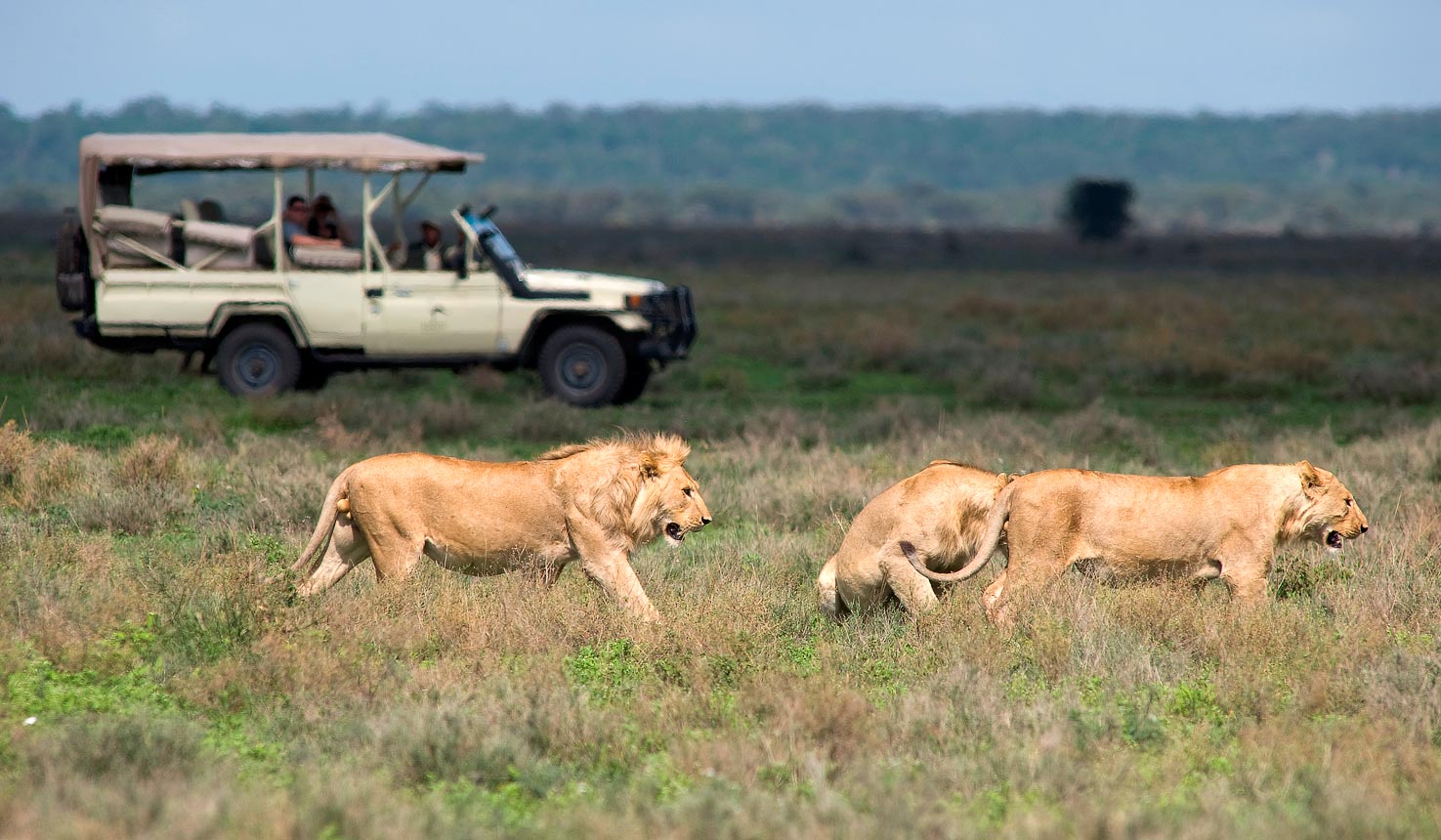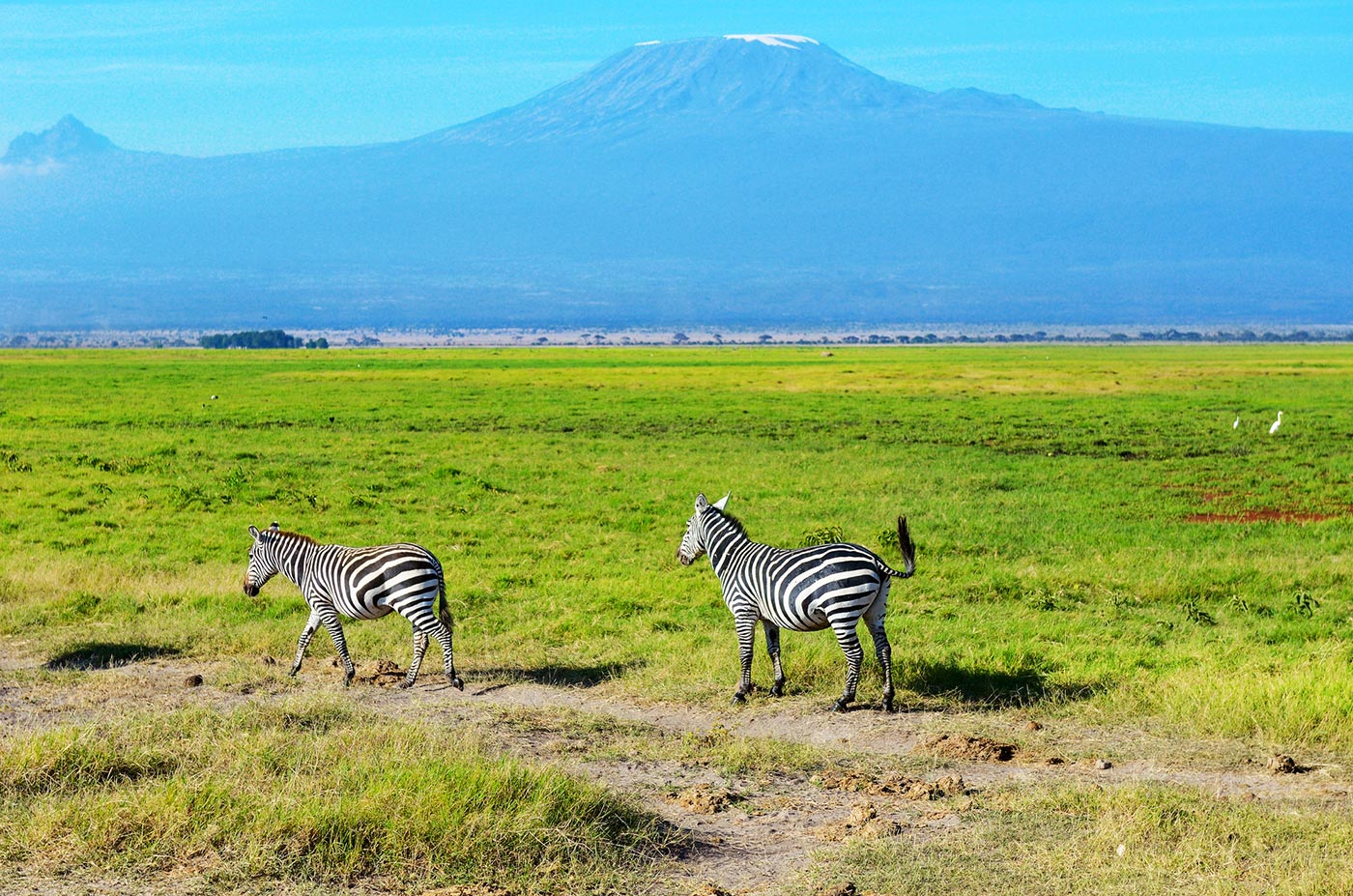If you're an adventurer at heart and an enthusiast of the wild, you've probably dreamed of an African safari. Kenya and Tanzania, two of Africa's most iconic safari destinations, are top contenders. Each offers unique experiences, landscapes, and wildlife, making the choice difficult. In this blog post, we'll compare Kenya and Tanzania safaris, providing you with facts and insights to help you decide which is the best place to visit this year.
Table of Contents
Overview of Kenya and Tanzania
Kenya is renowned for its vast savannahs, the Maasai Mara, and its vibrant cultural heritage. It offers diverse landscapes ranging from mountains to coastlines. Kenya's varied geography includes the Great Rift Valley, which is home to stunning lakes and volcanic landscapes, as well as the white sandy beaches along the Indian Ocean, making it a destination that caters to both wildlife enthusiasts and beach lovers.
Tanzania boasts the Serengeti, Mount Kilimanjaro, and the pristine beaches of Zanzibar. Its sheer size and variety of national parks make it a safari paradise. Tanzania's landscapes are incredibly diverse, from the iconic plains of the Serengeti to the lush, wildlife-rich Ngorongoro Crater, and the beautiful, tropical islands of Zanzibar. This diversity ensures that Tanzania offers something for every type of traveler.
Safari Experience in Kenya
Kenya is renowned for the Big Five: lion, leopard, rhinoceros, elephant, and Cape buffalo. These animals are a major attraction for wildlife enthusiasts and photographers. The Maasai Mara is famous for its high lion density and offers a great chance to see all members of the Big Five. Amboseli National Park, Ol Pejeta Conservancy and Lake Nakuru.
Popular places to visit in Kenya
- Maasai Mara National Reserve:
Famous for the Great Migration and the Big Five, this reserve offers exceptional game viewing and cultural experiences with the Maasai people. - Amboseli National Park:
Known for its large elephant herds and stunning views of Mount Kilimanjaro, Amboseli is a favorite for wildlife enthusiasts and photographers. - Lake Nakuru National Park:
Renowned for its flocks of flamingos and as a sanctuary for rhinos, Lake Nakuru also offers sightings of lions, leopards, and Rothschild giraffes. - Tsavo National Parks (East and West):
One of the largest national park complexes in the world, Tsavo is famous for its red elephants, diverse wildlife, and dramatic landscapes. - Samburu National Reserve:
Known for unique species like the Grevy’s zebra, reticulated giraffe, and gerenuk, Samburu also offers rich cultural experiences with the Samburu people. - Nairobi National Park:
Located just outside the capital, it’s unique for its proximity to the city, offering sightings of lions, rhinos, and giraffes against the backdrop of Nairobi's skyline. - Mount Kenya National Park:
A UNESCO World Heritage Site, it offers scenic trekking and climbing opportunities, along with diverse flora and fauna. - Diani Beach:
Known for its white sandy beaches, crystal-clear waters, and vibrant coral reefs, Diani is perfect for relaxation and water sports. - Lamu Island:
A UNESCO World Heritage Site, Lamu offers a glimpse into Swahili culture with its historic town, beautiful beaches, and dhow sailing. - Hell's Gate National Park:
Famous for its dramatic scenery, including cliffs, gorges, and geothermal activity, Hell's Gate is also known for its hiking, cycling, and wildlife.
Conservation Efforts in Kenya
Kenya places a strong emphasis on wildlife conservation, with numerous conservancies and protected areas working to preserve its rich biodiversity.
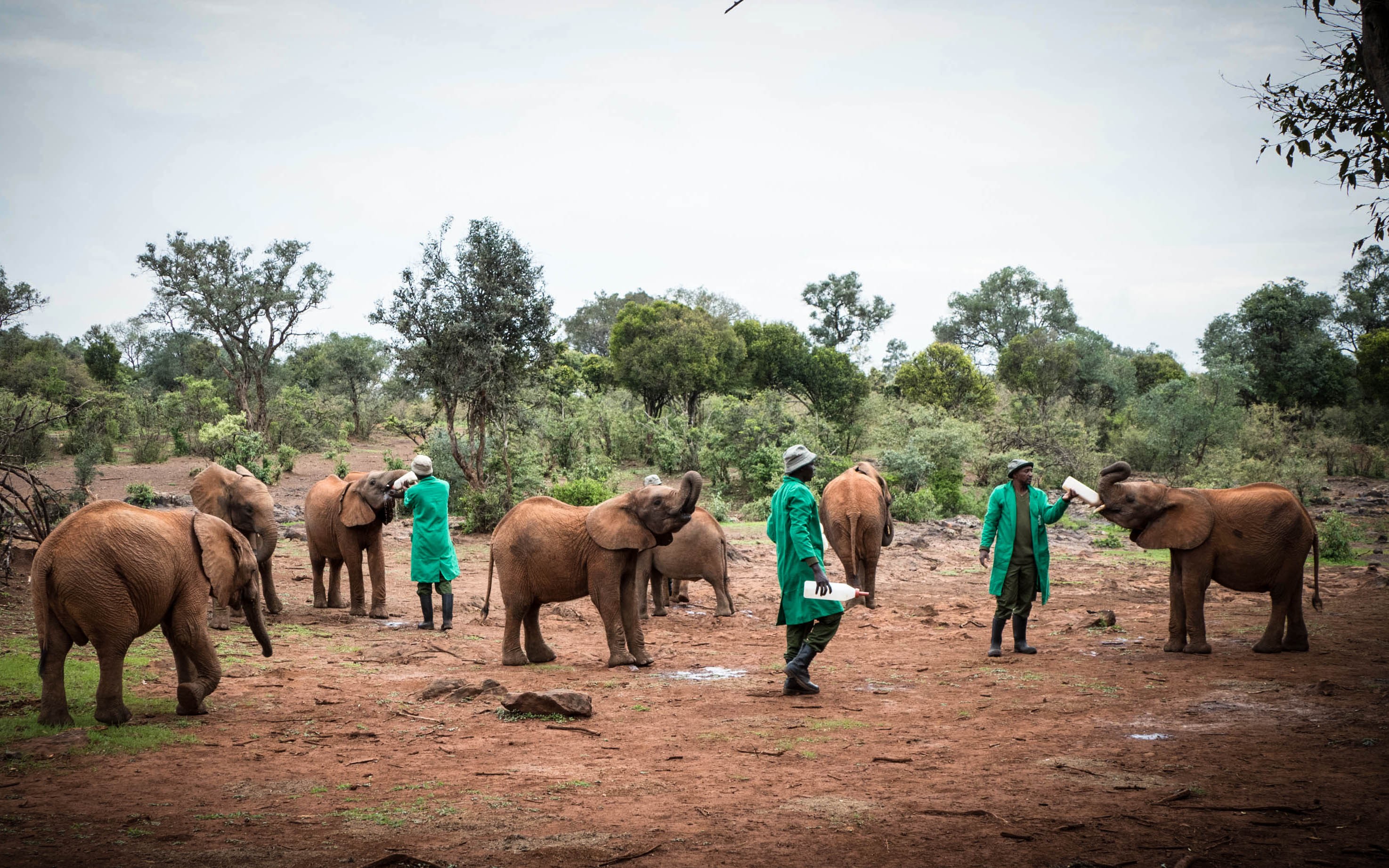
- Ol Pejeta Conservancy:
Known for its rhino conservation efforts, it's home to the last two northern white rhinos on the planet. - David Sheldrick Wildlife Trust:
Famous for its elephant orphanage in Nairobi, where visitors can see young elephants being cared for and prepared for reintroduction into the wild. - Lewa Wildlife Conservancy:
A UNESCO World Heritage Site, it’s a model for community-based conservation and offers a chance to see a variety of wildlife, including endangered species like black rhinos and Grevy’s zebras.
Safari Experience in Tanzania
Tanzania offers diverse wildlife experiences in its expansive parks and reserves. The Serengeti is famous for the Great Migration, and the Ngorongoro Crater hosts the Big Five. Parks like Tarangire and Ruaha feature unique landscapes with elephants and birdlife, while remote reserves like Selous and Katavi provide intimate encounters with large herds. The Mahale Mountains offer chimpanzee trekking by Lake Tanganyika.
Popular places to visit in Tanzania
- Serengeti’s Grandeur:
The Serengeti National Park offers unparalleled opportunities to witness the Great Migration within Tanzania’s borders. - Ngorongoro Crater:
This UNESCO World Heritage Site is home to a dense population of wildlife, including the Big Five, in a unique volcanic caldera. - Tarangire National Park:
Known for its large elephant herds, baobab trees, and diverse birdlife. It's a great place for game viewing during the dry season when animals gather around the Tarangire River. - Selous Game Reserve:
One of the largest protected areas in Africa, famous for its diverse habitats including grasslands, woodlands, and swamps. It's a haven for elephants, hippos, and crocodiles along the Rufiji River. - Ruaha National Park:
Tanzania's largest national park, known for its rugged landscapes and large population of elephants. It offers a more off-the-beaten-path safari experience with fewer crowds. - Katavi National Park: A remote park known for its dense wildlife populations, including large herds of buffalo, elephants, and crocodiles in the Katuma River.
- Mahale Mountains National Park:
Famous for its chimpanzee population, trekking in the Mahale Mountains offers a unique wildlife experience combined with stunning views of Lake Tanganyika. - Mount Kilimanjaro:
Africa's highest peak, Kilimanjaro is a popular destination for trekking and climbing, offering stunning views and diverse ecosystems. - Zanzibar Archipelago:
Known for its pristine beaches, rich cultural history, and vibrant marine life, Zanzibar is perfect for relaxation, water sports, and exploring historic Stone Town.
Conservation Efforts in Tanzania
Tanzania is committed to wildlife conservation, with extensive protected areas and initiatives aimed at preserving its diverse ecosystems and species.
- Tanzania Wildlife Management Authority (TAWA):
TAWA oversees the management of Tanzania's game reserves and wildlife management areas, focusing on sustainable use and conservation of wildlife resources. They work to combat poaching, manage wildlife habitats, and promote community-based conservation. - Jane Goodall Institute:
Active in Gombe Stream National Park, the institute focuses on chimpanzee conservation and research. Efforts include habitat preservation, anti-poaching initiatives, and community education programs to promote sustainable coexistence with wildlife. - PAMS Foundation:
This organization is involved in various conservation projects across Tanzania, including anti-poaching efforts, community engagement, and support for ranger training. PAMS works to protect key species such as elephants and rhinos.
| Aspect | Kenya Safari | Tanzania Safari |
|---|---|---|
| Wildlife | Famous for the Big Five, Great Migration in Maasai Mara | Big Five, Great Migration in Serengeti, Ngorongoro Crater |
| Top Parks | Maasai Mara, Amboseli, Tsavo | Serengeti, Ngorongoro Crater, Selous |
| Landscapes | Rift Valley, Mount Kenya, Coastal Beaches | Serengeti Plains, Mount Kilimanjaro, Zanzibar |
| Cultural Experiences | Maasai Culture, Swahili Coast | Maasai, Hadzabe Tribes, Zanzibar |
| Accommodation | Luxury Lodges, Mid-range Options, Budget Campsites | Luxury Camps, Mid-range Lodges, Budget Campsites |
| Best Time to Visit | July - October (Migration), January - March (Shoulder) | June - October (Migration), January - February (Shoulder) |
| Accessibility | Well-developed roads, Domestic Flights | Extensive road network, Domestic Flights |
| Cost Considerations | Lower park fees, Affordable accommodations | Higher park fees, Varied accommodation options |
| Final Verdict | Ideal for diverse landscapes, cultural experiences | Perfect for wildlife enthusiasts, diverse park |
Kenya and Tanzania are both excellent safari destinations, and the best place to visit will depend on your individual preferences and budget.
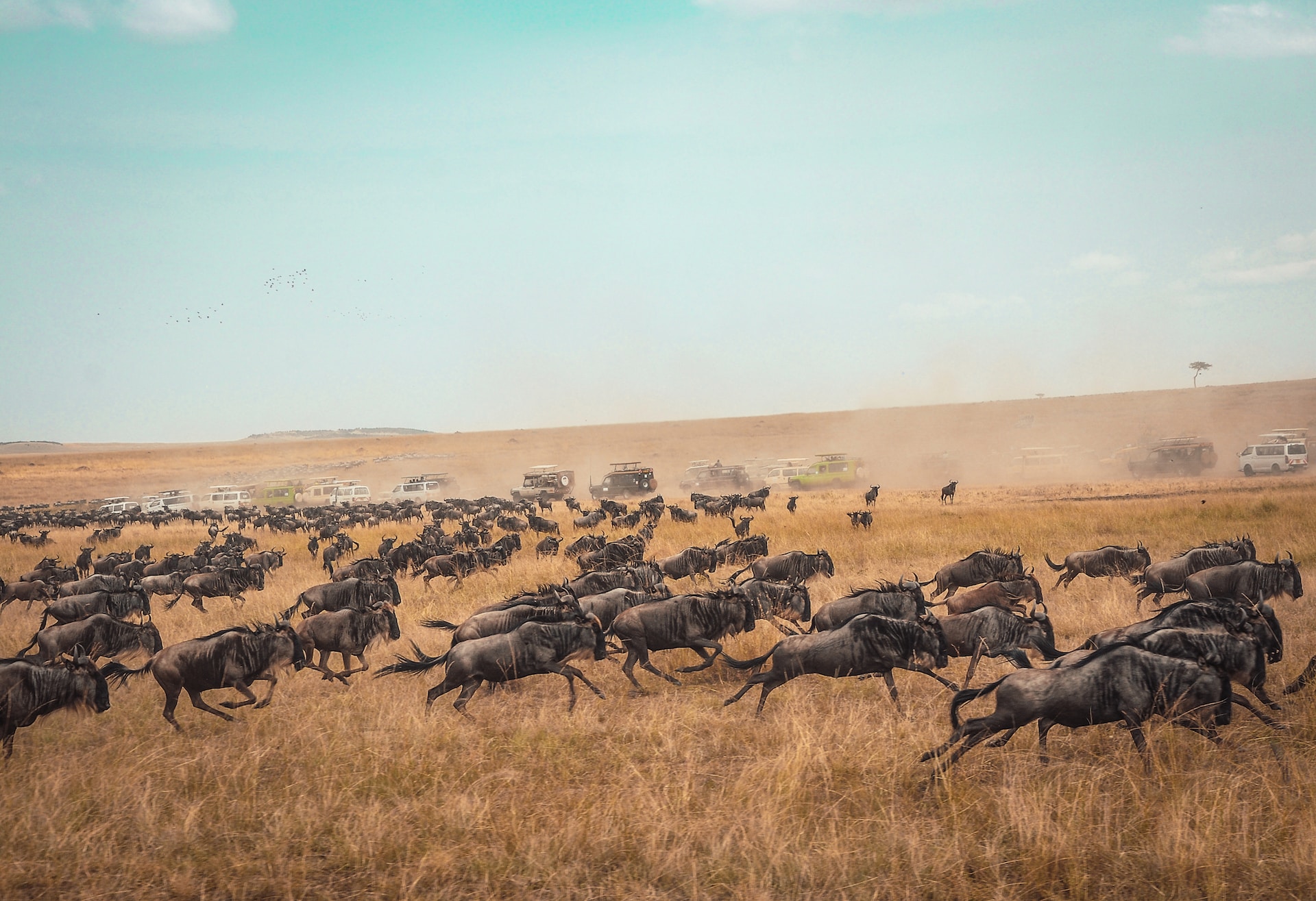
Wildlife Experience
Both Kenya and Tanzania are known for their abundance of wildlife, but there are some key differences in the types of animals you'll see in each country. Kenya is famous for its big cats, particularly the lions of the Masai Mara National Reserve.
The Masai Mara is also home to the annual wildebeest migration, a spectacular event that sees millions of wildebeest and other grazers moving through the area in search of fresh grass. In addition to big cats and migrating herds, Kenya is home to a wide range of other animals, including elephants, zebras, giraffes, and more.
Tanzania, on the other hand, is perhaps best known for its vast herds of elephants, as well as its population of chimpanzees. Tanzania is also home to the Serengeti National Park, which is considered by many to be the quintessential African safari experience. The Serengeti is home to the same big cats as the Masai Mara, as well as many other animals, including giraffes, zebras, and hyenas.
Landscape
Kenya and Tanzania both offer stunning landscapes, but they are quite different. Kenya is known for its savannah grasslands, dotted with acacia trees and the occasional rocky outcrop. The Masai Mara is particularly beautiful, with rolling hills and the Mara River winding through the landscape. Kenya is also home to Mount Kenya, the second-highest peak in Africa, which offers a unique mountain safari experience.
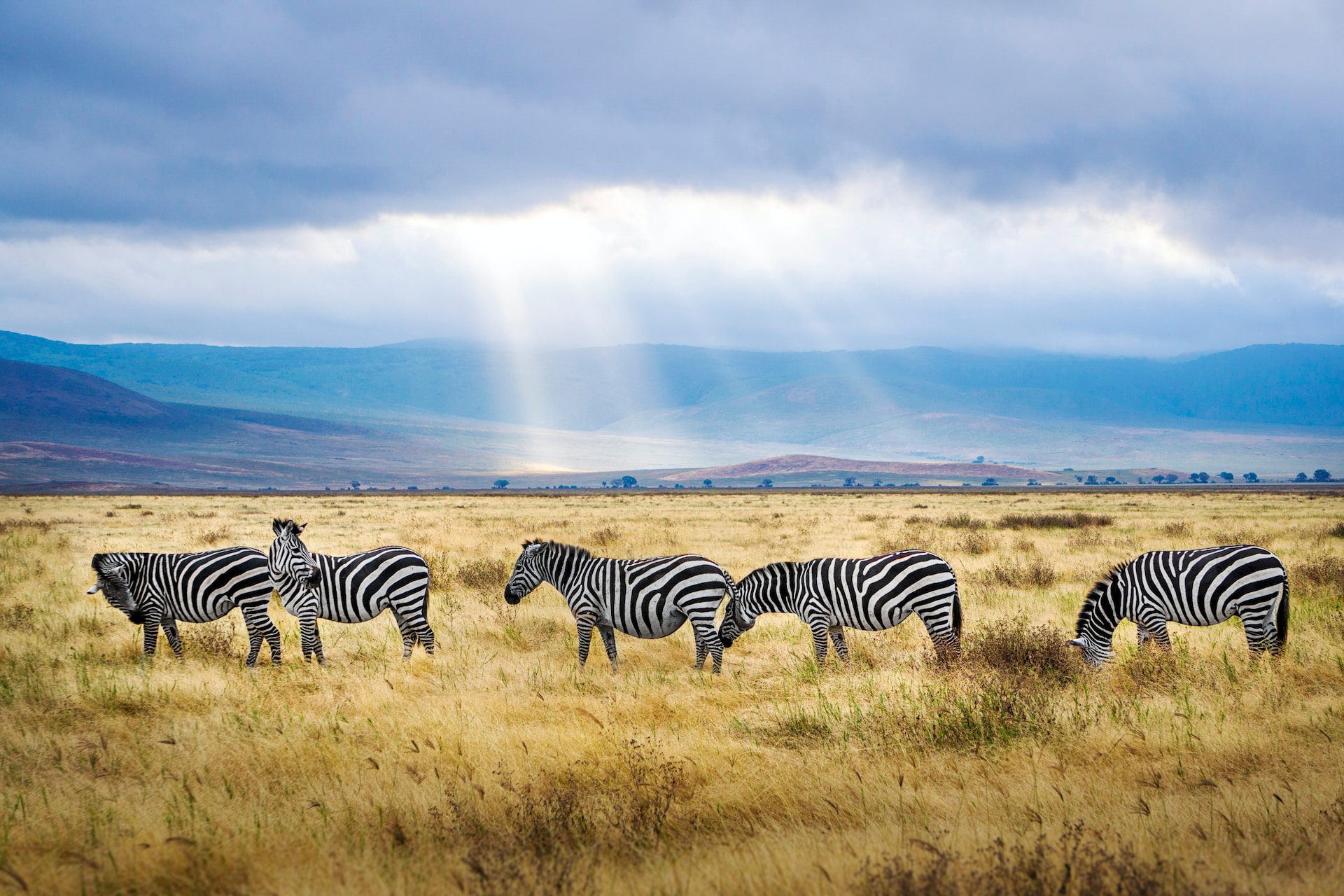
Tanzania, on the other hand, is home to some of the most iconic landscapes in Africa, including the Ngorongoro Crater, a vast volcanic caldera that is home to a wide variety of wildlife. The Serengeti is also stunning, with vast open plains stretching to the horizon. Tanzania is also home to Mount Kilimanjaro, the highest peak in Africa, which is a popular destination for hikers.
Infrastructure
When it comes to infrastructure, Kenya has a more developed tourism industry than Tanzania, which means that it may be easier to find accommodations and plan your safari in Kenya. However, Tanzania is rapidly developing its tourism industry and has made significant strides in recent years. Both countries have well-developed road networks and airports, which makes it easy to get around.
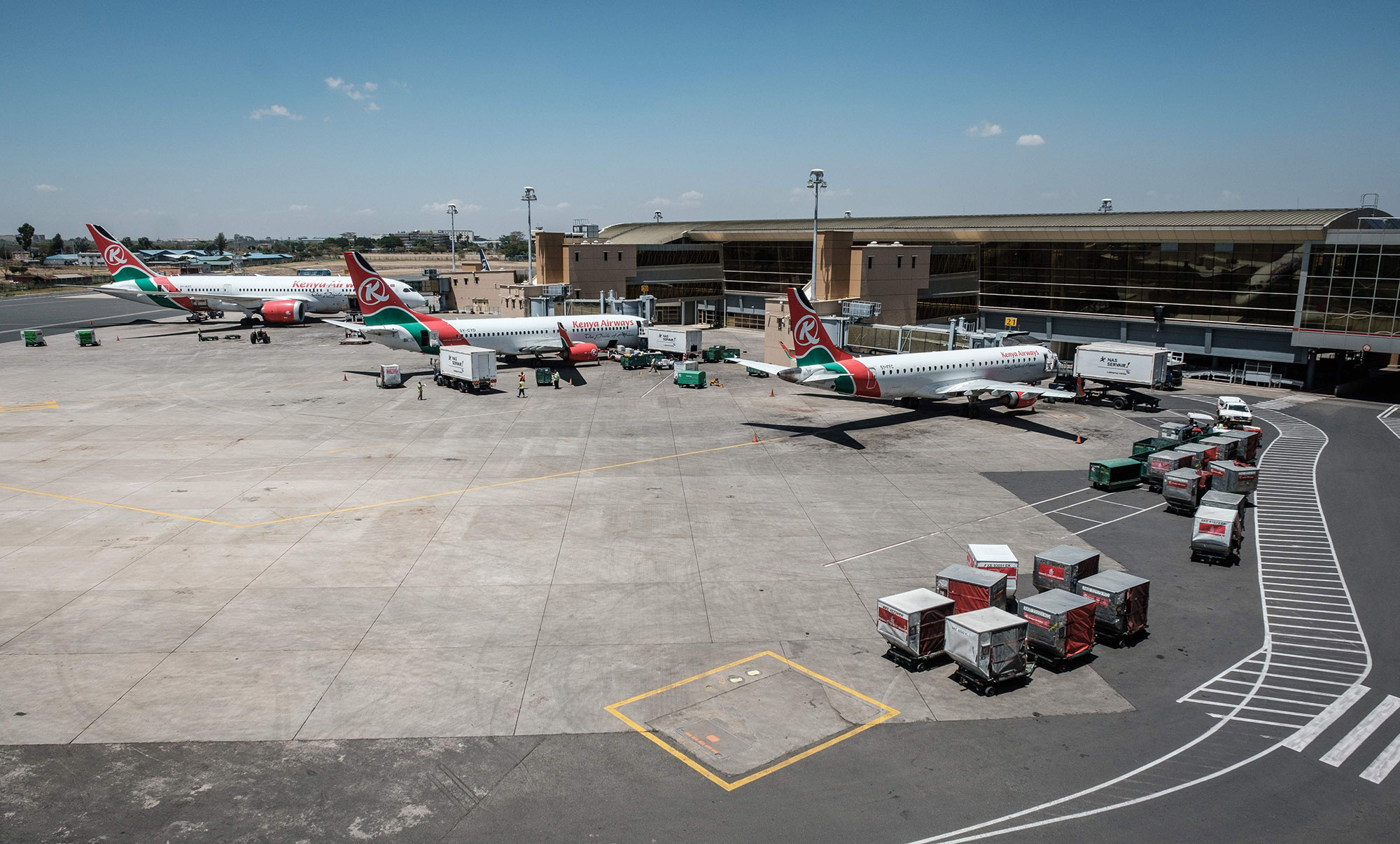
So, which one should you choose?
Both Kenya and Tanzania offer unforgettable safari experiences, and the choice ultimately comes down to personal preference. If you're looking to see big cats and witness the wildebeest migration, Kenya may be the better choice for you. On the other hand, if you're more interested in elephants and chimpanzees, or if you want to experience the iconic Serengeti landscape, Tanzania may be the better option.
Pros and Cons
Kenya
Pros:
- More affordable than Tanzania
- More accessible, with better infrastructure and more flights
- Greater variety of wildlife, including the Big Five (lions, leopards, elephants, rhinos, and buffalo)
- More cultural experiences, such as visiting the Maasai Mara and learning about their culture
Cons:
- More crowded than Tanzania
- Can be more difficult to book accommodation and activities during peak season (July-August)
- Some areas of Kenya are still recovering from the effects of the 2017 drought
Tanzania
Pros
- Less crowded than Kenya
- More spacious national parks and reserves
- Home to the Serengeti National Park, one of the most famous safari destinations in the world
- More affordable than Kenya during the low season (May-June and December-February)
Cons
- More expensive than Kenya during the high season (July-August)
- Less accessible, with fewer flights and a more challenging infrastructure
- Less cultural experiences than Kenya
| Aspect | Kenya | Tanzania |
|---|---|---|
| Pros | ||
| Affordability | More affordable than Tanzania | More affordable during low season |
| Accessibility | Better infrastructure, more flights | Less accessible, fewer flights |
| Wildlife Diversity | Big Five (lions, leopards, elephants, rhinos, buffalo) | Serengeti, renowned for wildlife diversity |
| Cultural Experiences | Rich cultural experiences, Maasai Mara | Limited cultural experiences compared to Kenya |
| Spacious Parks | More spacious national parks and reserves | |
| Famous Destinations | Home to Serengeti, globally renowned | |
| Cons | ||
| Crowdedness | More crowded than Tanzania during peak season | Less crowded than Kenya |
| Peak Season Challenges | Difficulty in booking accommodations | Higher prices and booking challenges in high season |
| Cost During High Season | Higher costs during peak season | More expensive during high season |
| Infrastructure Challenges | Recovery from past drought impacts | Challenging infrastructure |
Conclusion
Ultimately, the best place to visit for a safari in 2023 depends on your individual preferences and budget. If you're looking for an affordable and accessible safari with a variety of wildlife and cultural experiences, Kenya is a great option. If you're looking for a more spacious and less crowded safari with the chance to see the Great Migration, Tanzania is the better choice.
Take away note
Here are some additional factors to consider when making your decision:
- Budget:
Kenya is generally more affordable than Tanzania, especially during the low season. - Time of year:
The best time to visit Kenya is during the dry season (June-September), while the best time to visit Tanzania is during the wet season (November-April). - Interests:
If you're interested in learning about Maasai culture, Kenya is the better option. If you're interested in seeing the Great Migration, Tanzania is the better choice.
Overall, if you are after a memorable wildlife experience and budget is no issue, we recommend you visit Tanzania. If you're looking to keep costs lower but still see some of Africa's most iconic wildlife, then Kenya is an incredible country to explore.


